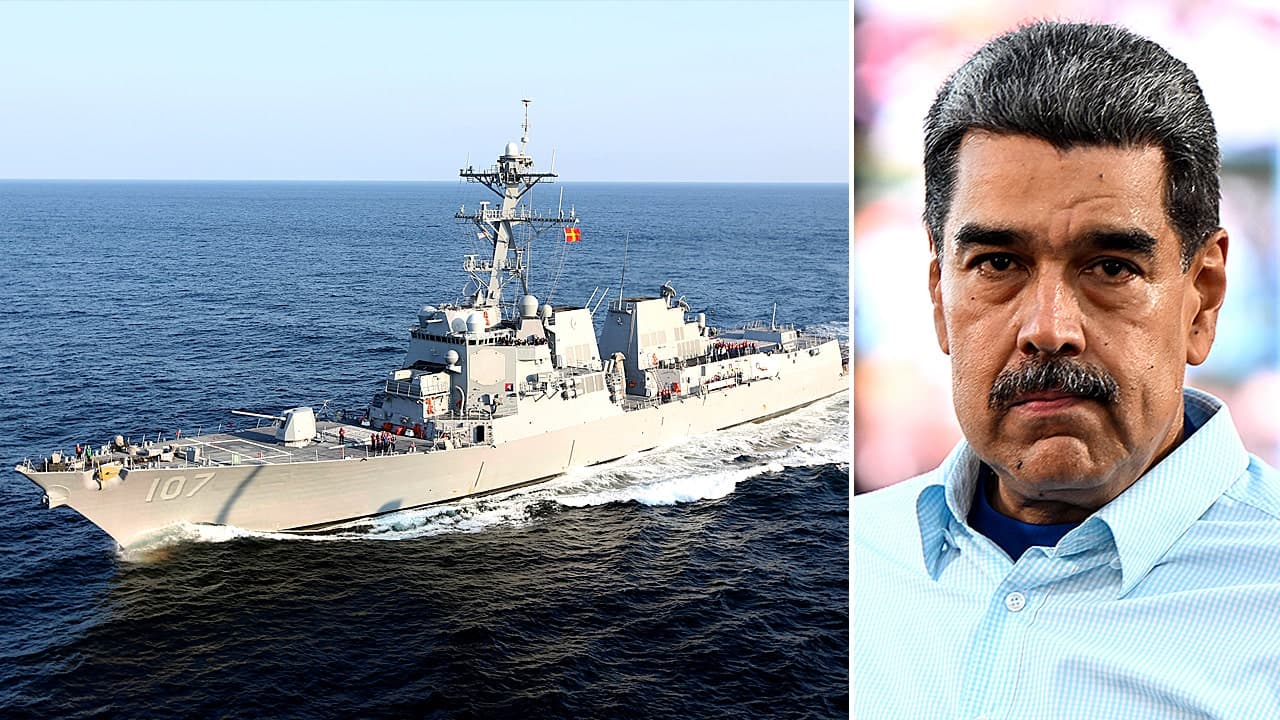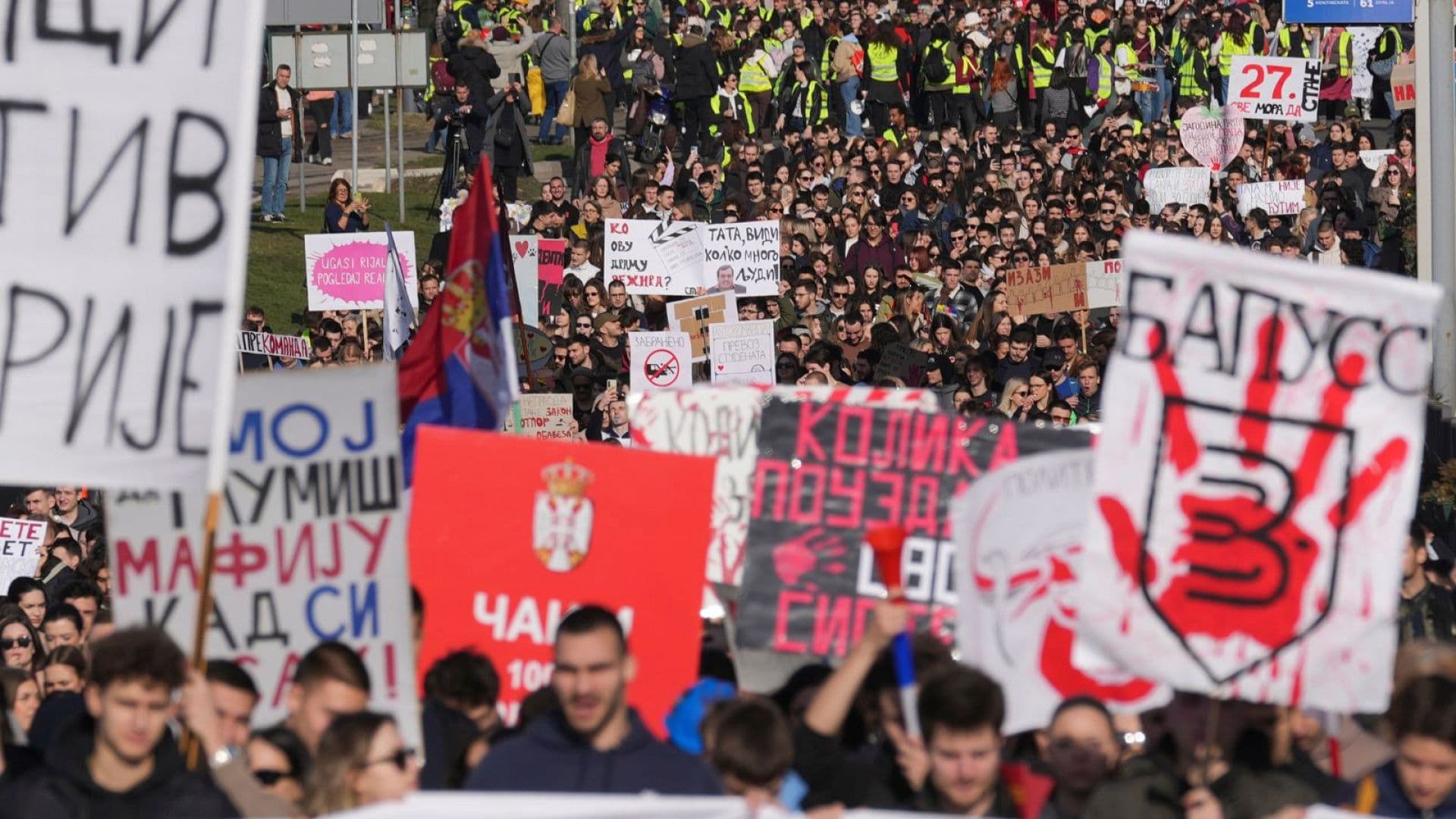U.S. Moves to Tighten Pressure on Venezuela, Military Buildup Signals Escalation
Four U.S. officials told Reuters the administration is preparing a new phase of operations targeting Venezuela as it steps up pressure on President Nicolás Maduro, a move that could reshape regional security. The declared counter narcotics campaign, a reported military buildup in the Caribbean and plans to designate the Cartel de los Soles as a foreign terrorist organization raise legal and humanitarian questions for governments and airlines across the hemisphere.

Four anonymous U.S. officials told Reuters on November 22 that the United States was preparing to launch a new phase of operations targeting Venezuela as the administration increased pressure on President Nicolás Maduro. The officials said plans included moving to designate the Cartel de los Soles as a foreign terrorist organization, a step they said would broaden options for action against Maduro and his network, including seizing assets.
The developments come amid what Reuters described as a notable U.S. military buildup in the Caribbean, with the aircraft carrier Gerald R. Ford deployed alongside additional warships, submarines and F 35 jets. Washington has publicly framed the operations as counter narcotics efforts, but reporting linked the activity to strikes since September that sources say have resulted in dozens of deaths. Human rights groups have sharply criticized the strikes because of the risk of extrajudicial killings and civilian harm.
The potential foreign terrorist organization designation carries consequences for how the United States and its partners might pursue the networks tied to senior Venezuelan officials. Officials told Reuters the designation would expand legal tools available to Washington, enabling measures such as asset seizure and wider financial restrictions. That approach would mark an intensification of U.S. policy which has relied to date on sanctions and diplomatic isolation to pressure Maduro.
The security measures have already had immediate commercial and diplomatic fallout. An advisory from the U.S. Federal Aviation Administration prompted airlines to avoid Venezuelan airspace, complicating regional travel and cargo routes and underscoring the spillover effects of security operations on global commerce and connectivity. The advisory reflected industry concerns about operating near areas of military activity and the uncertain security environment over and around Venezuela.
Regional governments face complex calculations as the United States tightens pressure. Many capitals express concern about stability, displacement and the risk of a wider conflict that could draw in neighboring states. Diplomacy has not been ruled out by U.S. officials, yet they also warned that Caracas may prepare for extended guerrilla style resistance if faced with an invasion, presenting a scenario that would complicate international law assessments and humanitarian planning.
Legal scholars and diplomats observing the situation say intensified unilateral measures raise questions about proportionality, accountability and the obligations of states under international humanitarian and human rights law. The reported strikes since September and the prospect of asset seizures and other coercive steps increase the urgency for transparent oversight and clear legal justification from Washington and its partners.
As the region watches, the United States faces the challenge of balancing counter narcotics objectives and enforcement goals with the need to avoid civilian harm, manage diplomatic fallout and maintain cooperation with regional governments. The next steps will test the limits of U.S. unilateral action and the capacity of multilateral institutions to address a crisis that intersects drug trafficking, state corruption, and fragile regional stability.


